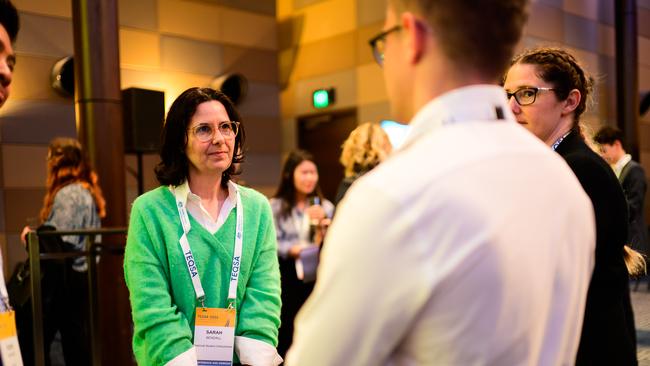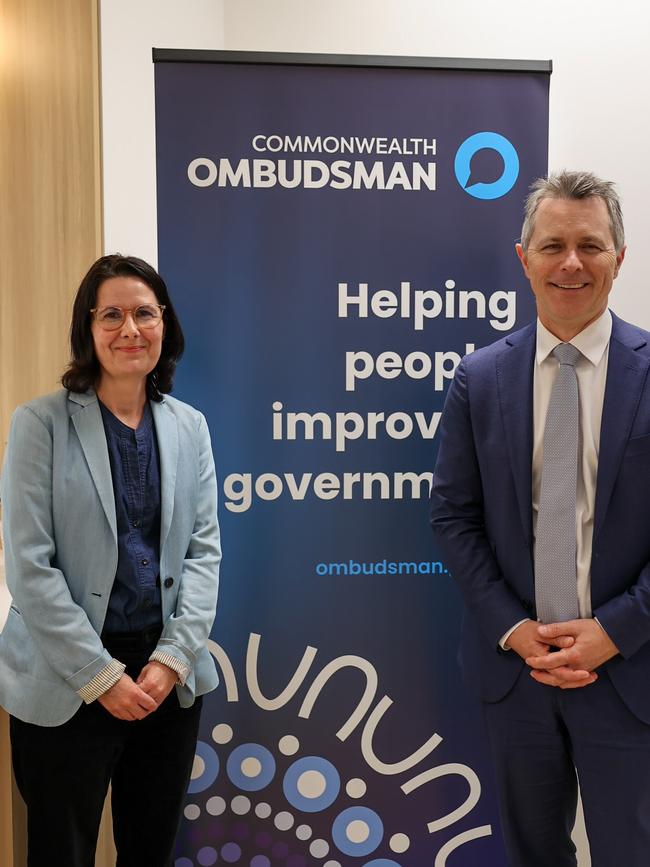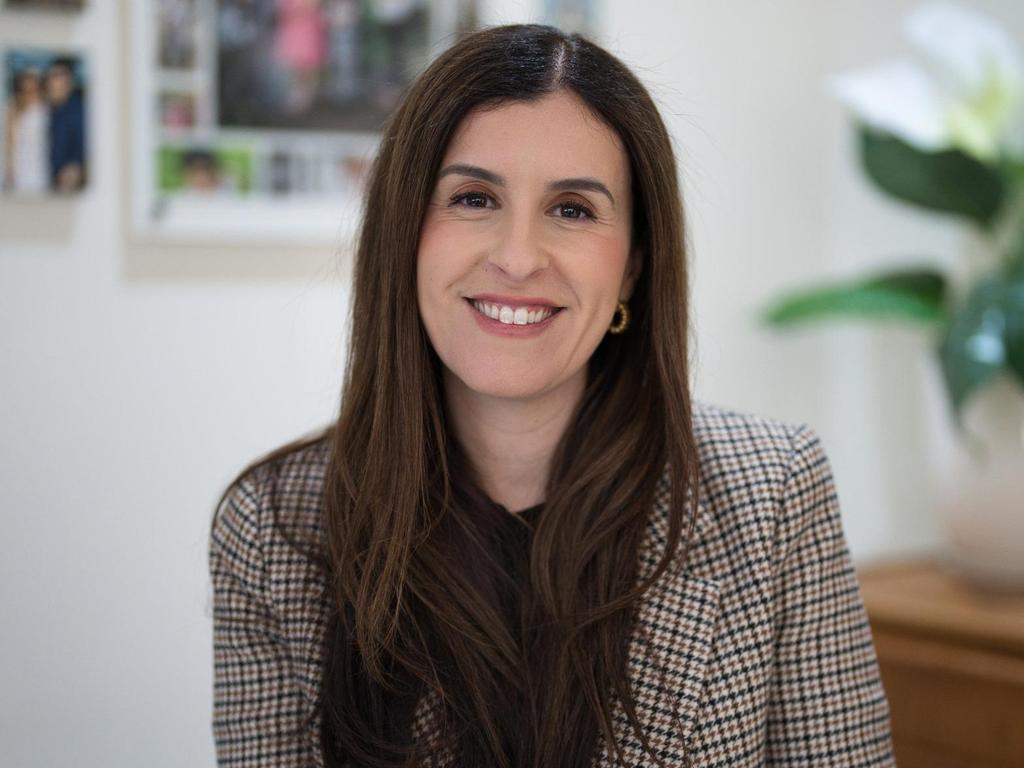Student Ombudsman staff trained in anti-Semitism, Islamophobia
The new conflict resolution service expects students to escalate issues about racism, discrimination and gender-based violence.

Complaints-handling staff in the new Student Ombudsman’s office have been trained in trauma-informed services, anti-Semitism and Islamophobia, with lawyer Sarah Bendall giving assurances that her team is “really prepared to handle complaints that are more complex” in nature.
The new Student Ombudsman, whose 40 new staff will start fielding complaints from February 1, expects students to escalate issues about their universities’ handling of racism, discrimination and gender-based violence, as the higher education sector continuously grapples with how best to handle these problems.
“We’ve made sure that our complaints handling staff have been trained in delivering trauma-informed services, trained in anti-Semitism and Islamophobia; have done the Accidental Counsellor course … to make sure that they can really deal with complaints where people have suffered some harm.”
Ms Bendall said, ultimately, she hopes to “leverage that power of complaints handling to be able to affect systemic changes within universities and more broadly across the sector”.

“We will be coming to this from the perspective of really trying to resolve each individual complaint in a way that is fair and reasonable for each complainant but equally, in the context of anti-Semitism for example, where we know there is a significant increase of anti-Semitism in higher education – and that’s not controversial, but is accepted by providers – (we’ll be) looking at contributing to those systemic improvements,” she said.
The Ombudsman has adopted the International Holocaust Remembrance Alliance definition of anti-Semitism, which has also been accepted by the federal government, anti-Semitism convoy Jillian Segal and peak Jewish organisations.
In explaining how the complaints process would work, Ms Bendall said that if there was an individual complaint of anti-Semitism, the Student Ombudsman would “work with that person to determine what they thought was the best pathway to resolve that complaint”, which might be through formal mediation.
This process would be confidential.
But if there was “the need for policy reform or some sort of systemic reform within the relevant University” then the Ombudsman might make recommendations and write a report, which would be made public.

Ms Bendall said she had already written to all 250 higher education providers and started a process of meeting with all the university vice-chancellors, adding that conversations and correspondence had been “really positive”.
Education Minister Jason Clare said “not enough has been done to address sexual violence in our universities and for too long students haven’t been heard”. He said the Student Ombudsman, established to address gender-based violence on campus, was changing that.
Mr Clare said the government would next week introduce legislation to establish a National Higher Education Code on gender-based violence that would “give the Student Ombudsman real teeth to hold providers to account” by handing out fines and cutting funding if they did not comply with set standards.
Commonwealth Ombudsman Iain Anderson said the new office was “keen to resolve issues as quickly as we can” and would be “trying to act as informally as possible” to resolve issues directly with the complainant and the higher education provider. He said the office would only need to use its formal powers, similar to those of a Royal Commission, “if we’re really hitting any obstacles”.
That would include “issuing formal notices saying to a higher education provider … to give us this information within a set period of time”.
“My expectation is that the institutions will be pretty keen to work with us.”
He said the office now resolves more than 50 per cent of complaints within 90 days.
Ashlyn Horton, President of National Union of Students said she was “very, very excited to see it happening” finally, and that unions would also be raising their own complaints against various universities with the Student Ombudsman’s office.
“We just want a more national approach for complaint systems. Currently, it’s just each university doing their own thing, and often they’re not following through.”







To join the conversation, please log in. Don't have an account? Register
Join the conversation, you are commenting as Logout